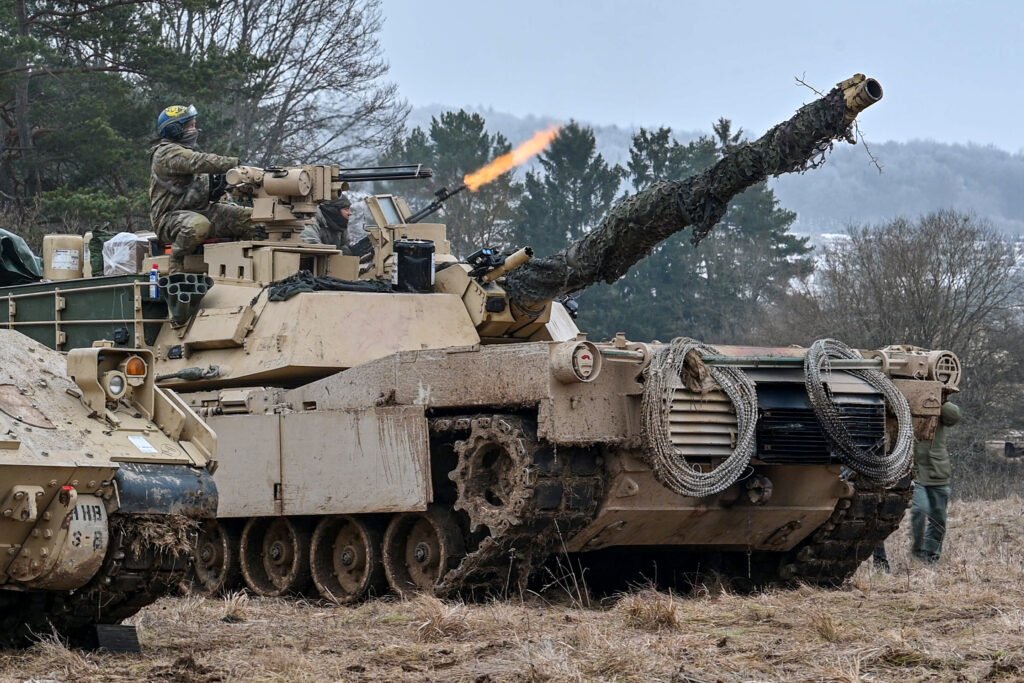
The Power of Strategy: Winning a War without the Best Weapons
When it comes to winning a war, many people believe that having the best weapons is the key to success. However, history has shown us time and time again that this is not always the case. While having advanced weaponry certainly provides an advantage, it is not the sole determining factor in victory.
Throughout history, we have seen numerous examples of battles and wars where the side with superior weapons was defeated by a strategically sound opponent. One such example is the American Revolutionary War, where the British Empire, with its powerful military, was ultimately defeated by the American colonists.
The colonists, though outnumbered and outgunned, utilized guerrilla warfare tactics and strong leadership to outmaneuver the British forces. They understood that winning a war is not just about having the best weapons, but about using them effectively and efficiently.
This principle holds true even in modern warfare. Take, for instance, the Vietnam War. The United States, with its superior firepower and advanced technology, faced a determined opponent in the form of the Viet Cong. Despite having access to the best weapons, the US military struggled to defeat the guerrilla tactics employed by the Viet Cong.
The Viet Cong understood that they could not match the US in terms of firepower, so they focused on their strengths – knowledge of the terrain, effective communication networks, and the support of the local population. By utilizing these advantages, they were able to inflict significant damage on the US military and ultimately achieve their objectives.
So, what can we learn from these historical examples? The key takeaway is that strategy and tactics play a crucial role in winning a war, regardless of the weapons at hand. While having advanced weapons can certainly provide an advantage, it is how they are used that ultimately determines success.
Effective strategy involves a deep understanding of the battlefield, the enemy’s strengths and weaknesses, and the ability to adapt and respond to changing circumstances. It requires strong leadership, clear objectives, and the ability to rally and inspire troops.
In today’s world, where conflicts are not limited to traditional battlefields, the importance of strategy is even more pronounced. Cyber warfare, for example, is a relatively new domain where traditional weapons are not applicable. Instead, it is the ability to outmaneuver and outthink adversaries that determines success.
Ultimately, winning a war is about leveraging every possible advantage, whether it be superior weapons, strategic thinking, or the support of the people. It is about understanding that true power lies not just in the tools at our disposal, but in how we use them.
Have a query? Contact Us
